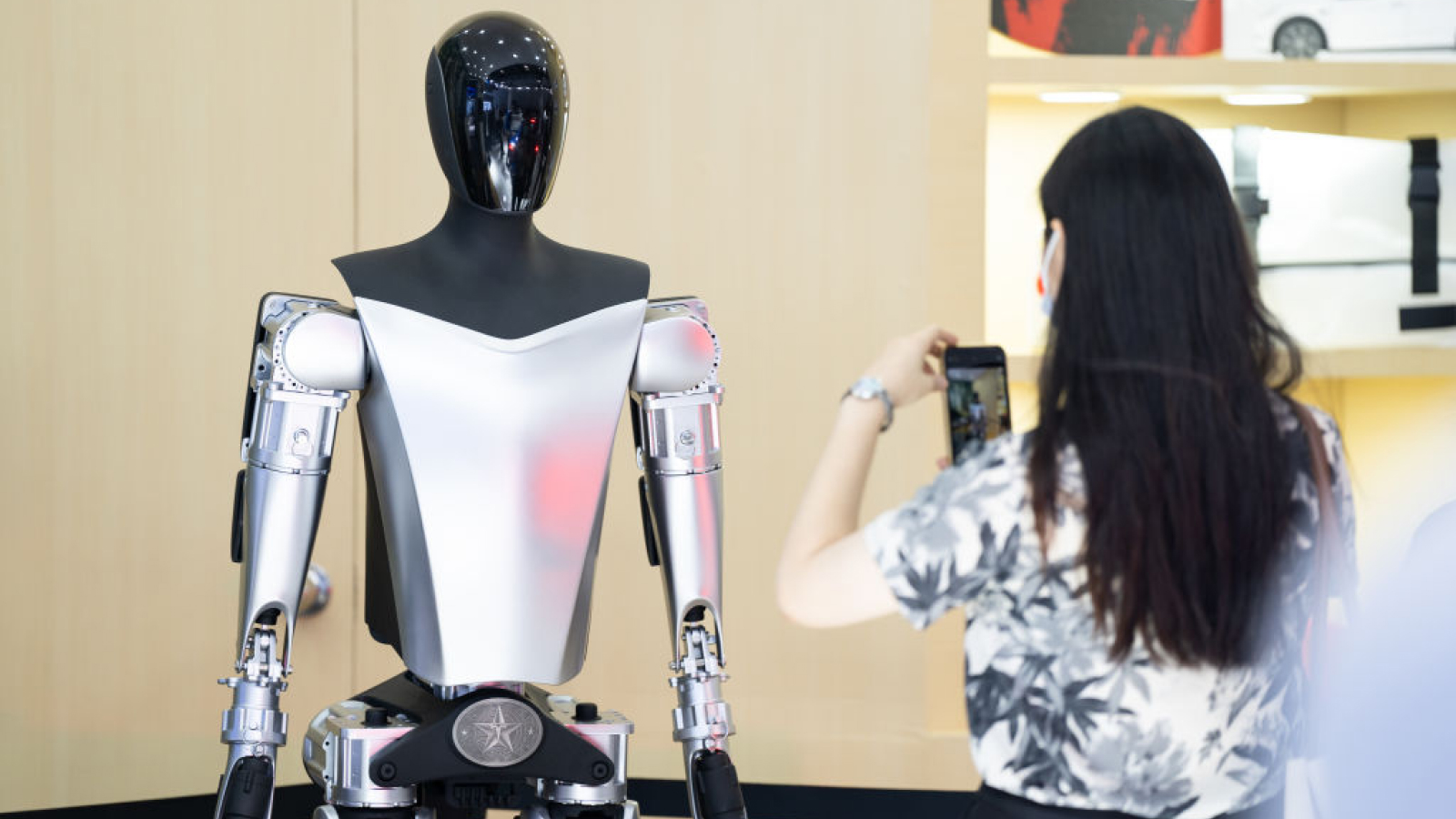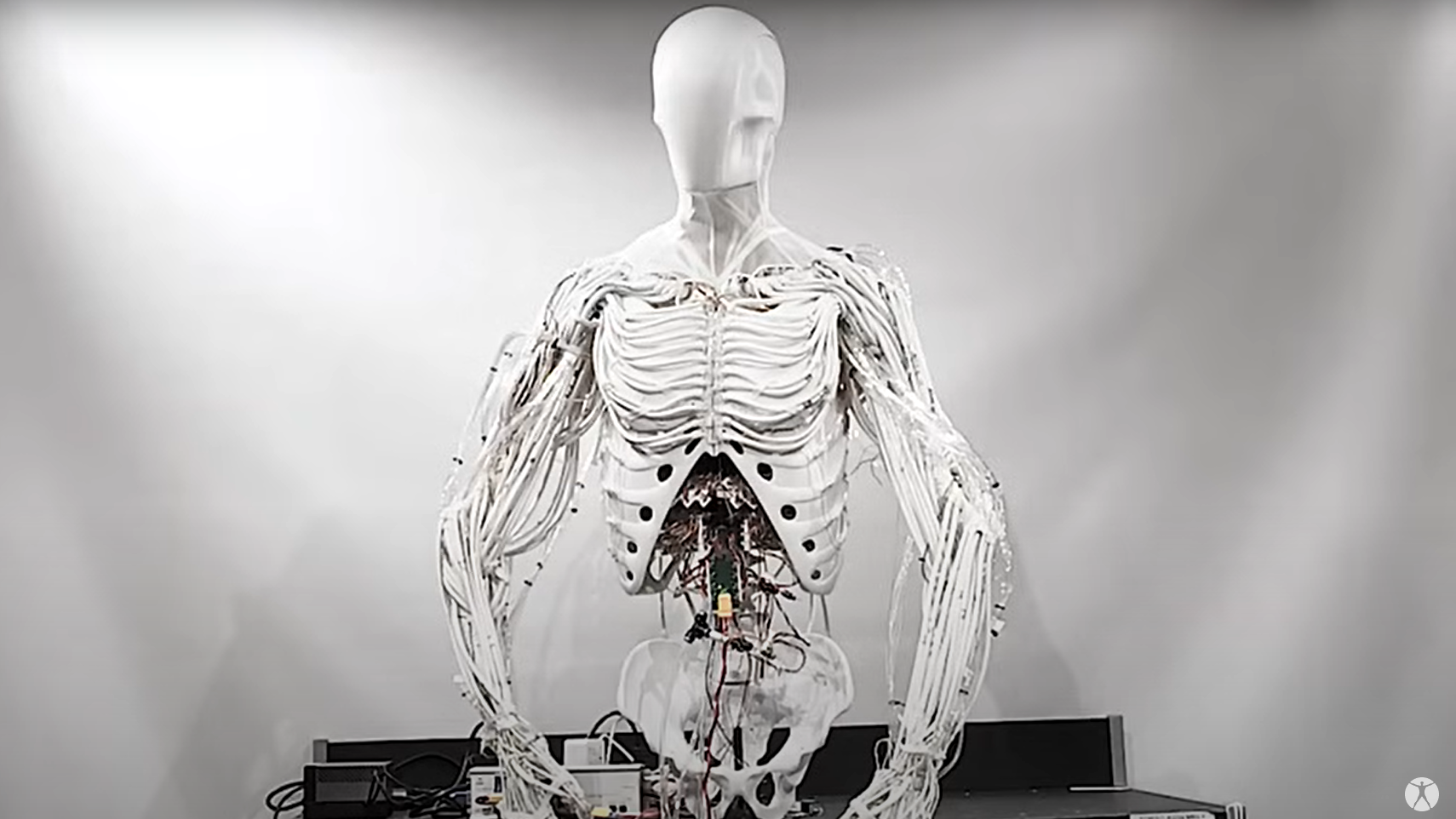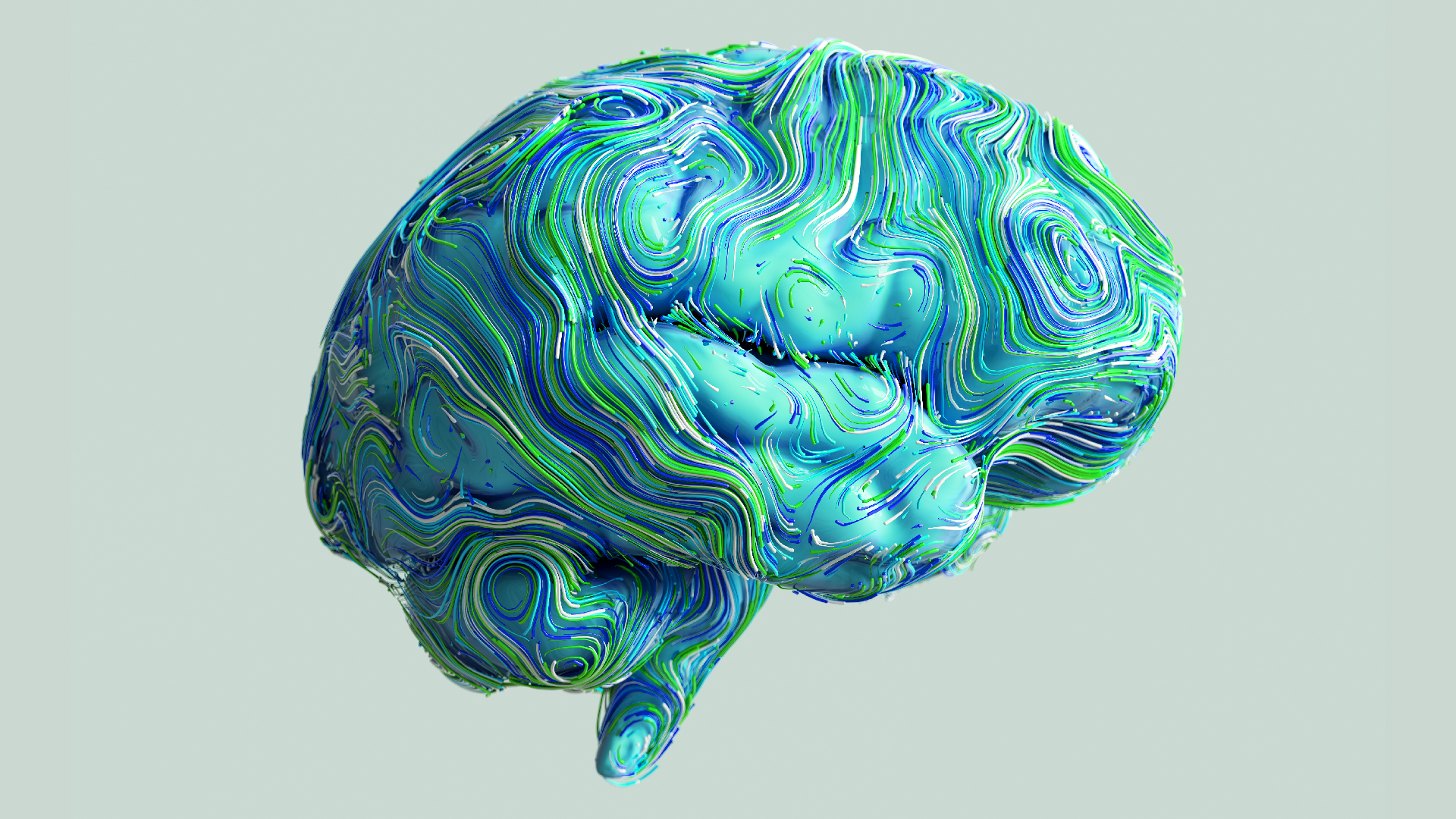8 Tips for Healthy Aging
Intro
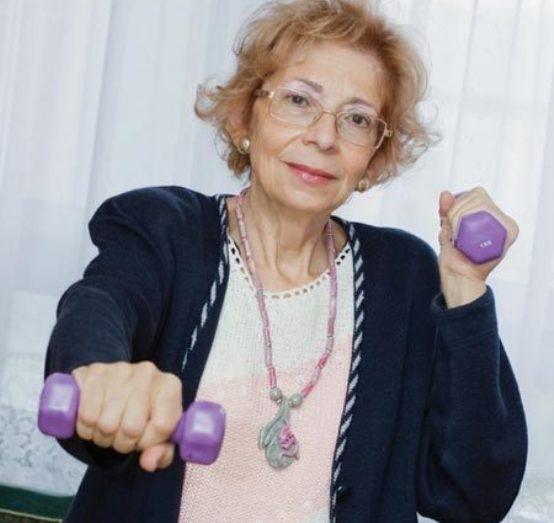
U.S. residents are generally living longer these days, but more and more of them are developing chronic diseases, such as diabetes and heart disease, that will shorten their lives and boost medical costs. Some 133 million adults almost half the adult population now have a chronic health condition, according to the Centers for Disease Control and Prevention.
Such a staggering statistic might lead you to think illness and impairment are synonymous with aging. But growing old doesn't have to bring disability and disease. Here are eight tips from experts on how to stay healthier, stronger and happier in your golden years.
Never too late
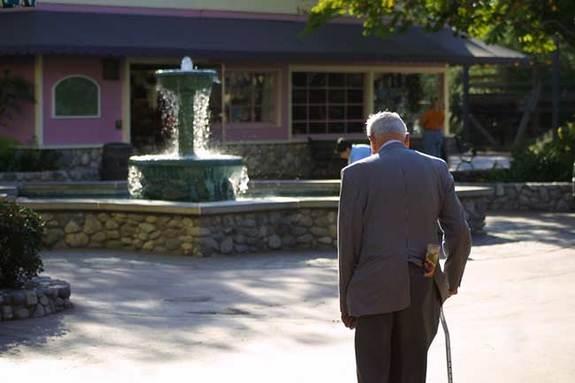
It's never too late to start leading a healthier lifestyle. Even well into their 60s and 70s, adults can take action to reduce their risk of developing chronic disease.
"I think the old myth was somehow after age 60, 65 there's just nothing you can do anymore," said Margaret Moore, a public health advisor for the CDC's Healthy Aging Program. But really, "there are lots of things you can do to improve your function [and] your health well into older age.
"There's certainly going to be some changes that occur with getting older," Moore said, "but it doesn't have to mean disability, it doesn't have to mean disease."
Amp up your fitness

If there's one step you should take for improving your health and helping you steer clear of chronic disease, it's exercise, experts say. And it really is never too late to start.
"I have known patients who have started exercising in their 70s and reaped great benefits from it," said geriatrician Carmel B. Dyer, who is director of the Division of Geriatric and Palliative Medicine at the University of Texas Medical School at Houston.
Exercise helps control body weight, lower your blood pressure and strengthen your muscles, which helps you avoid injuries by making you less likely to fall.
And an increase in muscle mass helps your body metabolize drugs more like a young person does, Dyer said, which means medicines can be cleared from the body more effectively.
Physical activity has also been linked to a decreased risk of dementia, she said.
Older adults need not join a gym or suffer through rigorous workouts. Milder activities such as walking, gardening or anything to keep moving would be sufficient, CDC's Moore said.
Stay limber

Daily stretching is important, Dyer said. Your muscles tend to shorten and stiffen when you aren't active, but stretching activities such as yoga will improve your flexibility.
"You wouldn't think that five minutes of stretching in the morning would be all that helpful to you in old age, but it's extremely helpful," she said.
Yoga improves flexibility and can help relieve the discomfort of chronic conditions such as fibromyalgia and arthritis, researchers at Oregon Health & Science University found.
"Yoga teaches patients a set of techniques, such as breathing and meditation, in addition to incorporating poses that improve strength and balance," said James Carson, a clinical health psychologist and assistant professor at OHSU.
Manage your weight
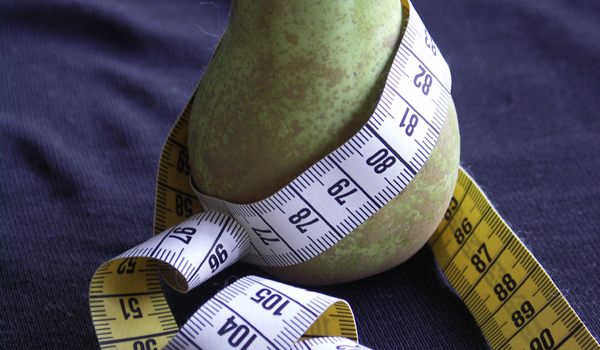
Sticking to a healthy weight by exercising and eating right has multiple benefits, studies show.
If you can keep your weight down, you'll decrease your risk of diabetes, which affects about 23.3 million Americans, as well as certain types of arthritis, which hinders activity for about 19 million Americans, according to the CDC.
One way to eat better is to eat more fruits and vegetables every day.
"It's one of the simplest things people can do to transform their health and their lives," said Katherine Tallmadge, a registered dietitian in Washington, D.C.
"We know now that people who eat at least five cups [of fruits and vegetables] a day have lower blood pressure, lower cardiovascular disease, lower rates of cancer; they have a better immune response; usually they're leaner and have lower rates of diabetes and obesity," Tallmadge said.
An ounce of prevention

Preventive measures, such as getting a yearly flu shot and getting screened for breast, cervical and colorectal cancers, are also important for growing old gracefully.
Keeping an eye on other disease indicators, such as high blood pressure and the early stages of diabetes, can also make a difference in terms of the degree of disability people experience later in life, Moore said.
"While you might not actually prevent the disease, you can prevent the disability that would come from not treating the disease promptly enough," she said.
There are also preventive steps to reduce the severity of arthritis, which is the nation's most common disability, affecting about 46 million adults, about half of them younger than 65. By staying educated about the disease, avoiding further joint injury and keeping physically active, you can ease the effects of arthritis.
"Once you have arthritis, staying physically active can help reduce the pain you get and the symptoms; that's counterintuitive, but well-documented that it does help," said Charles Helmick, who helps lead the CDC's Arthritis Program.
Stay spiritual or optimistic
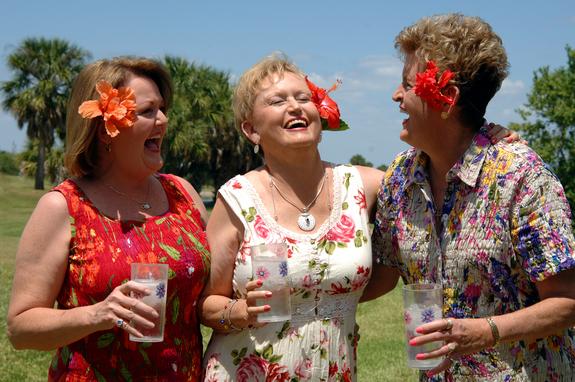
Attending religious services and having a generally sunny outlook on life have been linked to longer, healthier lives. For instance, a 2006 study found that regular church attendance can add 1.8 to 3.1 years to your life.
Decreased stress levels, from spiritual activities such as meditation, may be partly responsible for the health benefit, Dyer said.
A slew of studies also suggest that optimistic people live longer and are less likely to develop certain chronic conditions such as heart disease.
For example, a 2004 study of about 1,000 men and women found that those who described themselves as optimistic had a 55 percent lower risk of dying over the course of the nine-year study, and a 23 percent lower risk of death from heart failure, than pessimists did.
"I've been practicing geriatric medicine for almost 20 years, and I've noticed that my patients who sort of make the best of everything, when there's lemons they make lemonade ... they seem to live longer and happier lives," Dyer said. "I think if you're more optimistic, you're more positive, you're going to do better, you're going to feel better."
Volunteer to help others

In a study this month, University of Michigan researchers followed a random sample of 10,317 Wisconsin high school students from their graduation in 1957 until the present. In 2004, the participants reported how often they had volunteered within the past 10 years. They also explained their reasons for volunteering.
Some of the participants' motives stemmed from a desire to help others while others had more self-oriented reasons for volunteering, such as "volunteering is a good escape from my own troubles."
Researchers compared the participants' responses with their health information, and determined how many of the respondents were still alive in 2008.
The findings showed that those who volunteered out of a desire to help others had lower mortality rates than people who volunteered for selfish reasons or did not volunteer at all.
Of the 2,384 non-volunteers, 4.3 percent were deceased in 2008, and people who said they volunteered for their own personal satisfaction had nearly the same mortality rate, at 4 percent.
However, only 1.6 percent of volunteers whose motivations were more focused on others had died.
Slide 9

For middle-age women, having one alcoholic drink a day may improve health and pave the way to a long life, a new study shows.
Research this month from the Harvard School of Public Health included a look at the Nurses' Health Study, which has been ongoing since 1976 and involves 121,700 women nurses. Researchers examined the health status of the 13,984 women in the study who lived to be 70 or older.
The results showed that women who had an occasional drink, up to one per day, of any alcoholic beverage during middle age had better overall health when they grew older than women who did not drink at all, those who consumed more than two drinks a day, and those who had four drinks or more at one time.
The researchers defined good overall health as having no major chronic diseases such as heart disease or diabetes and no major cognitive and physical impairment or mental health limitations. The study authors said such health leads to "successful aging."
Sign up for the Live Science daily newsletter now
Get the world’s most fascinating discoveries delivered straight to your inbox.

Rachael is a Live Science contributor, and was a former channel editor and senior writer for Live Science between 2010 and 2022. She has a master's degree in journalism from New York University's Science, Health and Environmental Reporting Program. She also holds a B.S. in molecular biology and an M.S. in biology from the University of California, San Diego. Her work has appeared in Scienceline, The Washington Post and Scientific American.

